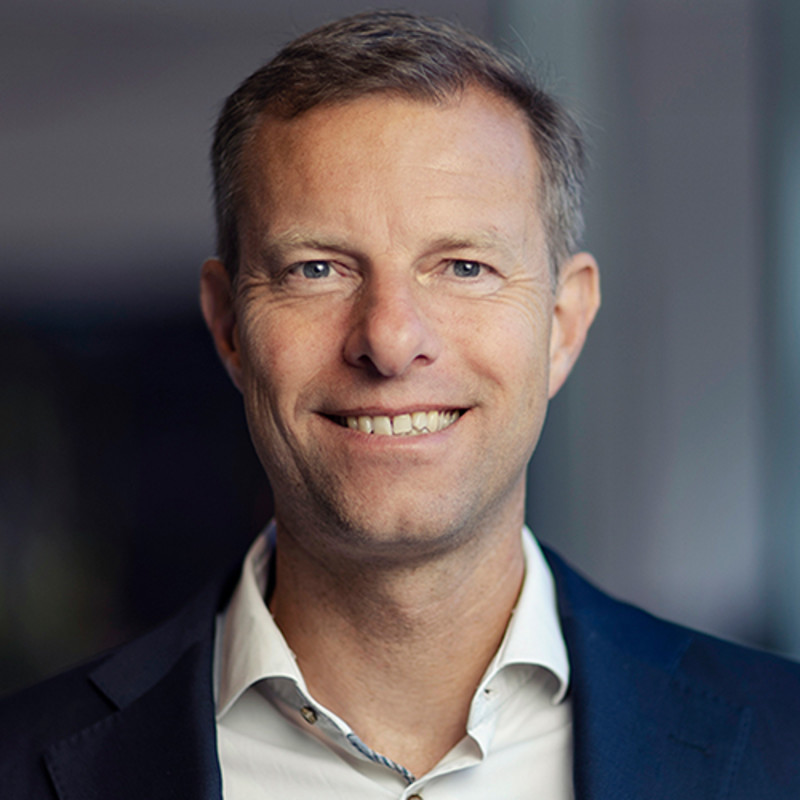

Engaging with countries to promote the SDGs
A team from Robeco has published a framework that can help investors engage with countries to tackle sustainability challenges.
Summary
- Journal article introduces a sovereign SDG engagement framework
- This framework helps investors engage with countries to advance SDGs
- Work has already begun with Brazil and Indonesia on halting deforestation
The framework, published in a journal article on 2 June, maps out methods for the relatively new but complex process of engaging with governments to advance the Sustainable Development Goals (SDGs).
Governments also have good reasons to work with the investors who buy their sovereign bonds as it means they can get better access to finance and to sustainability expertise. Sovereign bond values are partly determined by the sustainability credentials of a country – including for example its record on deforestation – making it in the country’s interest to raise its score.
One of the first countries to do so was Brazil, whose vice president met with a group of 34 investors in July 2020 to discuss concerns about deforestation in the Amazon rainforest. A follow-up meeting was held in January 2021. Engagement work has now begun with Indonesia, focused on unsustainable palm oil.
As such sovereign engagement is new, no clear methods for how to proceed with it have been defined so far. To bridge this gap, three Robeco sustainability experts have now co-authored a Sovereign SDG Engagement Framework. It is detailed in their article, ‘Sustainability integration for sovereign debt investors: engaging with countries on the SDGs,’ published in the Journal of Sustainable Finance and Investment.
The framework introduced in the paper seeks to answer three key questions: who to engage with, what to engage about, and how to conduct the engagement itself.

Get the latest insights
Subscribe to our newsletter for investment updates and expert analysis.
First, relevant countries are prioritized based on relevance in the investment universe and portfolios and the country’s progress on the SDGs. Countries with significant investment exposure and high sustainability challenges are relevant candidates for engagement – since these are the countries where an investor can make a difference.
Second, SDG targets facing slow progress within that country are identified as priorities to engage on. Third, a detailed roadmap is provided that offers a systematic process for conducting the engagement itself, including goal setting, finding partnerships in the process, reporting and monitoring progress.
This sovereign SDG engagement framework was created to help investors navigate the process of engaging with governments on their countries’ SDG performance. How this works in practice, along with the impact it can make in furthering the SDGs, is explained in detail in the article.
Playing an important role
The paper was written by Jan Anton van Zanten, who specializes in the SDGs for Robeco; investment specialist Malene Christensen, and product manager Bhavya Sharma. Contributions were made by Rikkert Scholten, a portfolio manager within the fixed income team; Max Schieler, author of the biannual Robeco Country Sustainability Ranking; and Peter van der Werf, the engagement team leader who has been involved with the actual talks with Brazil and Indonesia.
“There is an important role for us to play as sovereign bond investors in supporting the advance of SDGs,” says Scholten. “The new engagement framework is an essential step in shaping that task.”
“Sovereign engagement is the next frontier in active ownership and our conversations with the government of Brazil and Indonesia as part of the Investor Policy Dialogue on Deforestation (IPDD) are starting to bear fruit,” adds Peter van der Werf, Senior Manager for Engagement.
“These talks can develop into structural contributions to policy making with the aim of reducing deforestation to protect biodiversity.”
Important information
The contents of this document have not been reviewed by the Securities and Futures Commission ("SFC") in Hong Kong. If you are in any doubt about any of the contents of this document, you should obtain independent professional advice. This document has been distributed by Robeco Hong Kong Limited (‘Robeco’). Robeco is regulated by the SFC in Hong Kong. This document has been prepared on a confidential basis solely for the recipient and is for information purposes only. Any reproduction or distribution of this documentation, in whole or in part, or the disclosure of its contents, without the prior written consent of Robeco, is prohibited. By accepting this documentation, the recipient agrees to the foregoing This document is intended to provide the reader with information on Robeco’s specific capabilities, but does not constitute a recommendation to buy or sell certain securities or investment products. Investment decisions should only be based on the relevant prospectus and on thorough financial, fiscal and legal advice. Please refer to the relevant offering documents for details including the risk factors before making any investment decisions. The contents of this document are based upon sources of information believed to be reliable. This document is not intended for distribution to or use by any person or entity in any jurisdiction or country where such distribution or use would be contrary to local law or regulation. Investment Involves risks. Historical returns are provided for illustrative purposes only and do not necessarily reflect Robeco’s expectations for the future. The value of your investments may fluctuate. Past performance is no indication of current or future performance.


























